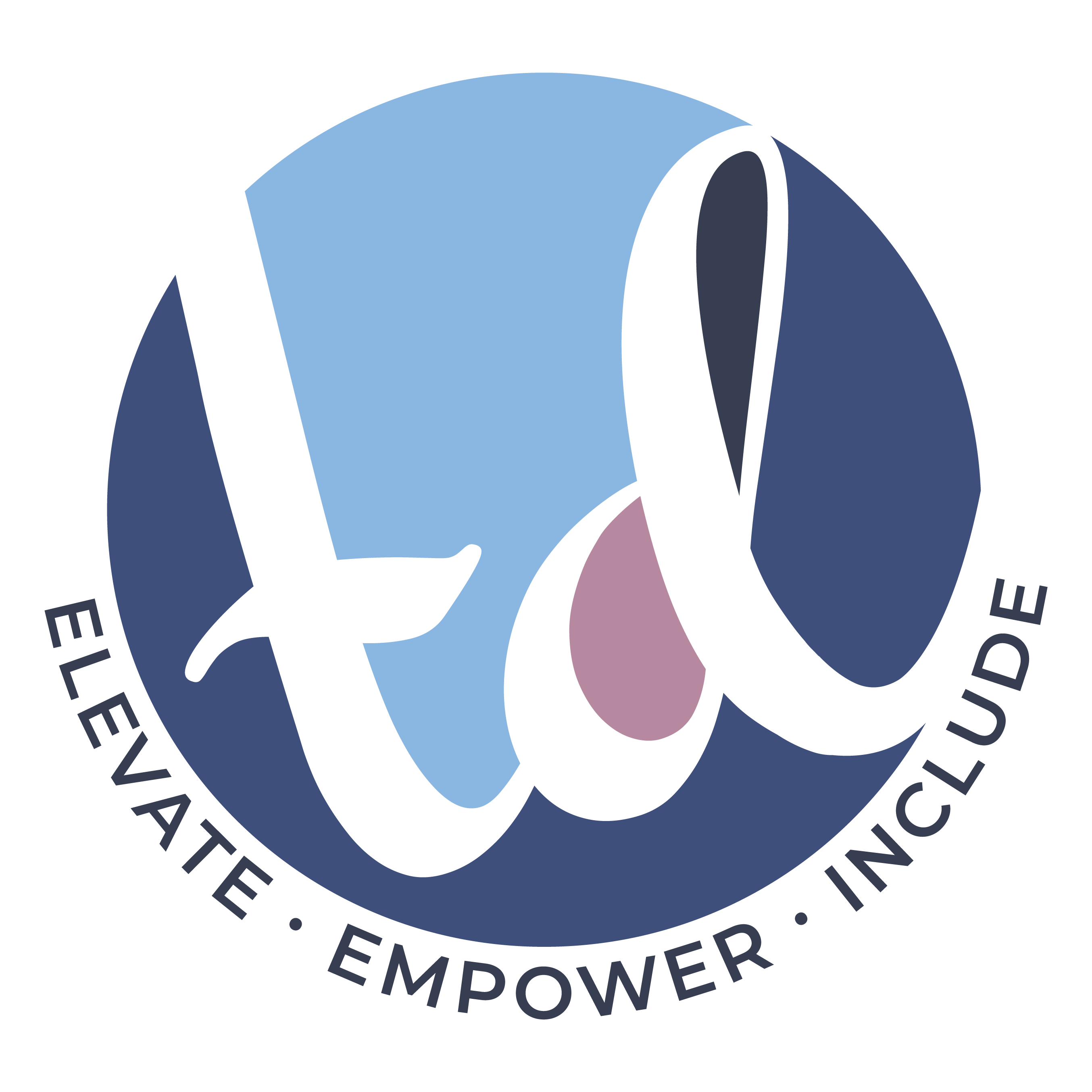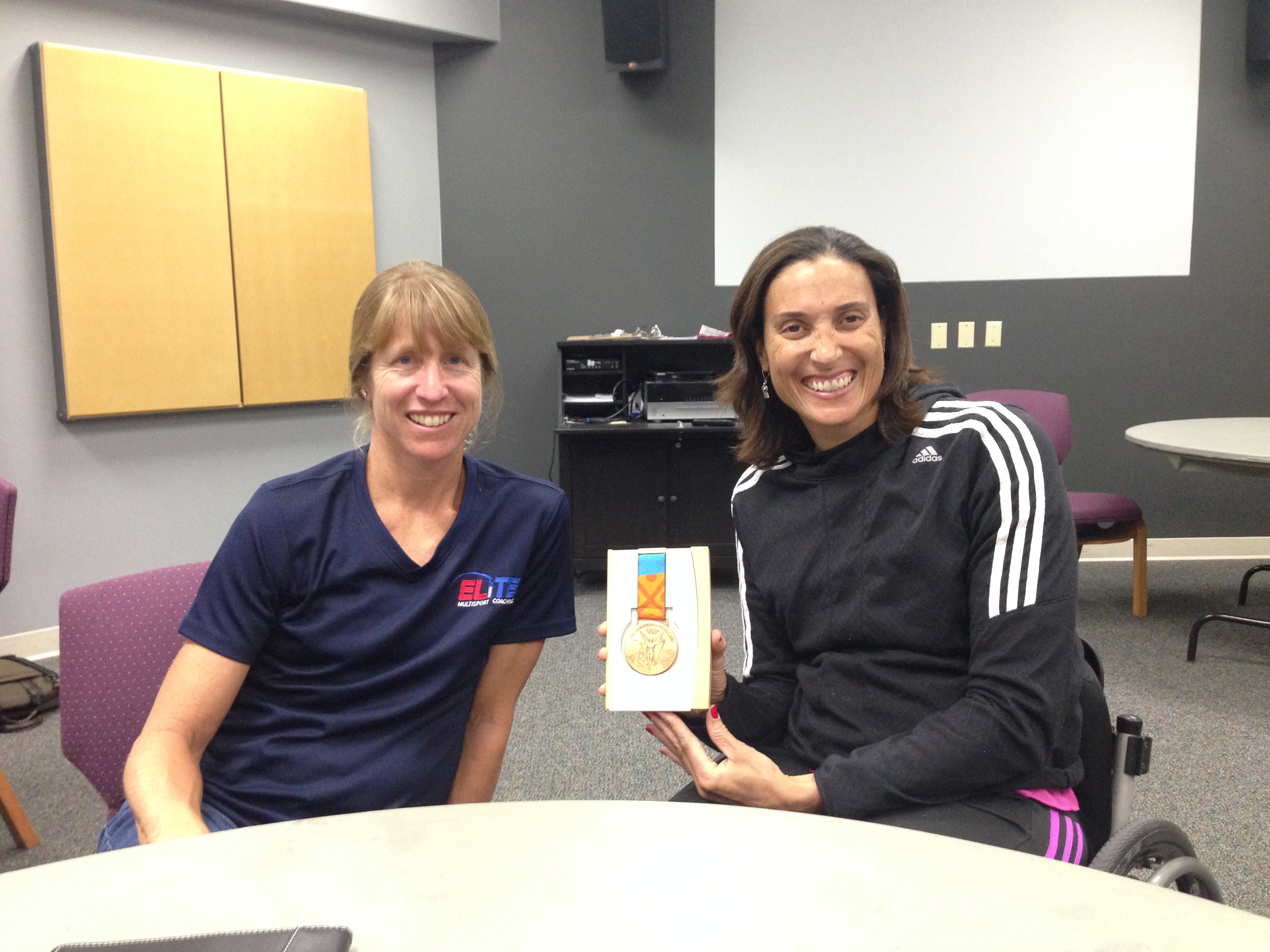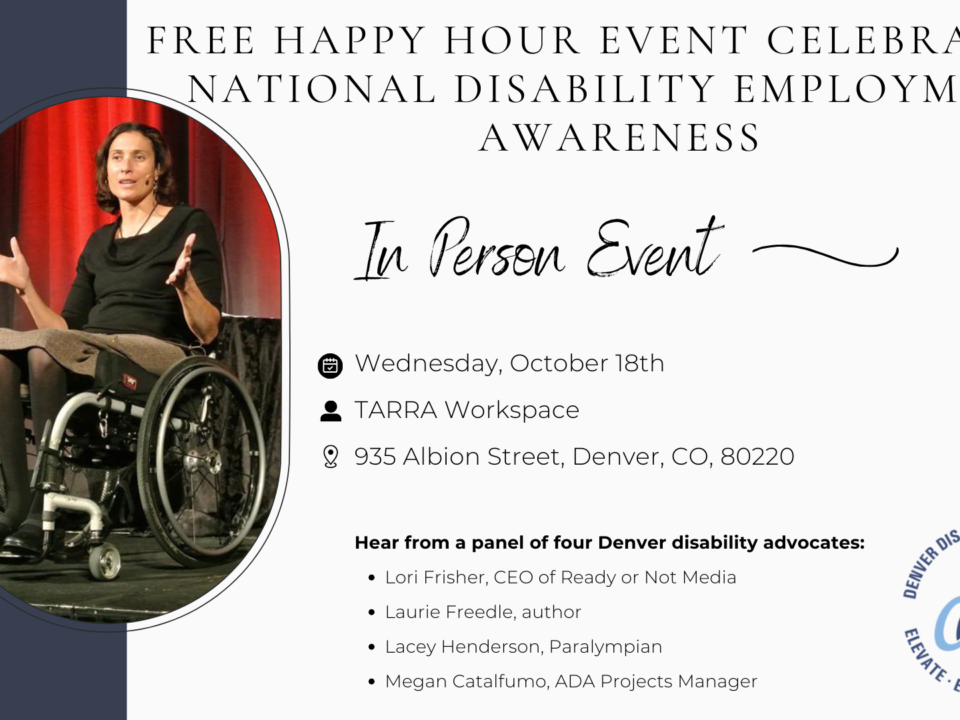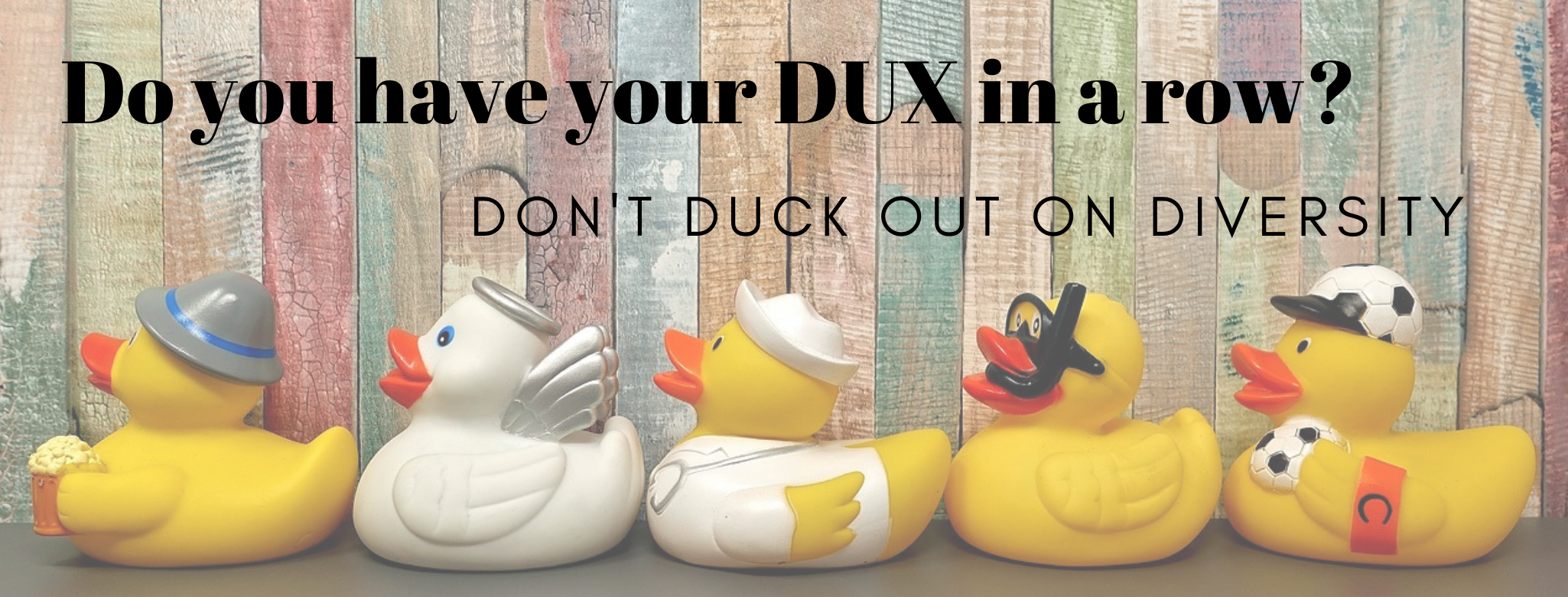Overcoming self-doubt is never easy.
It takes mental fortitude, discipline, confidence, and determination. But when you do overcome self-doubt, something beautiful happens.
Here is Susan Williams’ story.
A Lesson in Overcoming Self-Doubt
Susian Williams is an Olympian who was on the 2004 Olympic triathlon team. By all accounts, Susan Williams wasn’t supposed to be on the 2004 Olympic triathlon team.
There were four Americans in front of her in the world rankings, and there were only three potential spots on the U.S. squad that would make the Athens Games (only the second time in history that the swimming, biking, and running event would appear on the Olympic schedule). Susan’s name wasn’t on that list.
But she made the decision to follow her dreams and goal of making an Olympic team anyway.
To make the team, she would have three opportunities to earn winning finishes or points toward a slot on the team. In the first race, she had one of the performances of her life but ended up in second place narrowly missing that first slot on the Olympic team.
Happy with her performance, she knew she still had work to do. But while training for the second race, she pulled her hamstring and became plagued not only by that injury but also a cold leading up to the event.
Though she started the race, she eventually had to pull out.
Now with only one race to go and an injury to deal with, Susan had every reason to have her doubts – who wouldn’t?
Susan knew, though, that one big part of overcoming self-doubt was pushing through when it seemed all odds were against her. So she kept moving forward to the third and final qualification event.
This time, she knew it was a do or die situation, but she kept her cool.
She looked at her strengths rather than her weaknesses. By doing this, she realized that the course was not the usual “runners course,” but a course that would play to her strengths on the bike. Knowing this gave her the confidence she needed to make the Olympic team.
With the confidence in her preparation, Susan kept the thought at the top of her head, “This is my course.” And it was. Not for the win, it would turn out, but she finished third and received the required points to make the Olympic team.
But that was only the beginning.
Susan’s Olympic race would prove equally as dramatic as her journey to get there. She went in, not as a favorite, and also had a crash during the bike leg of the race. She escaped the incident unscathed, got back on her bike, and eventually crossed the finish line to earn the bronze medal.
Although I can’t give justice to Susan’s journey in one short blog, I felt fortunate to hear her story at a special event I attended a few years ago. Not only did it give me something to think about on my own personal Road to Rio, I think it’s something we all experience at one time or another.
It’s about overcoming self-doubt
What Can We Do to Overcome Self-Doubt?
When you are trying to reach a goal—big or small—what do you do when doubt creeps in?
Here are a few tips I have learned along the way:
1) Build a “Strengths List”
This is something I have done many times before.
When I deliver my motivational talks or workshops to audiences, I tell them that I believe building a “strengths list” is an invaluable way to take stock of every advantage you have going into a goal, or as an athlete, a competition.
What are your strengths? What are the things you know you excel at that make you the best at what you do? What is it that you do better than anyone else?
You can also look at it in a different way as Susan does. One of Susan’s strengths is not being in the spotlight. Susan had the opportunity of being the “dark horse” in her competition.
She didn’t compare herself to others but rather focused on the fact that she wasn’t the one in the spotlight. She rode her own race.
She was the athlete not expected to qualify, and therefore the pressure was directed elsewhere, namely on the women who were ranked 1-3. This was definitely an advantage for her.
Additionally, she knew the hilly trials course suited her and she kept her mind focused on her ability to outperform most other athletes in that particular area.
Another thing that really helped Susan was the fact that she didn’t focus on her weaknesses. She didn’t focus on how her running wasn’t her best leg of the race, instead, she paid attention to her advantages.
How many times have you focused on our weaknesses and shortfalls rather than your strengths?
By focusing on your strengths and on what you know, instead of what you don’t, you will find that success will be much easier to attain.
Have a current goal in mind? Write down five strengths you have that can help you achieve that goal and keep them where you can consistently look to them for confidence.

2) Keep a Journal
Susan didn’t talk about journaling specifically, but she did say, “If you look back and know you’ve done the best you’ve been able to do each day,” you’re more likely to succeed. This is something I have learned both from sports and recovering from my accident.
By keeping a journal, I am able to look back and actually see my progress. Writing down your experiences helps you look back and see the ground you have covered.
It lets you see the steps you have taken to get to where you are, the struggles you experienced, the challenges you overcame, and the lessons you learned. You can also use your journal to write down how you overcame these challenges and how you raised your resilience when challenges arose (you can read more about how to raise residence when adversity strikes here).
If you’ve given your best, been disciplined, showed up, and, in Susan’s words, “left no stone unturned,” the proof will be there right before your eyes.
Then you don’t have to be anxious or nervous, because you know it’s literally, “in the books.”
When I was preparing for my first international shooting match, my coach simply said to me, “just do what you know.” I looked back on my journal and reviewed the lessons I had learned and observations I had made and stuck to that simple plan. I didn’t try to do anything new or different, and in the end, it was the correct strategy. I ended the match with a personal best score.
Keep a journal to record all your achievements and struggles. When you find that you are struggling or need motivation, refer to your journal to see how far you have come.

3) Give Yourself Permission to Succeed
Although Susan wasn’t a shoo-in for the team, she also didn’t let herself get bogged down by those around her.
She said she realized that “a lot of times in life you’re going to have people who tell you what you can and can’t do and I think it’s important to remember we can do anything we put our minds to. And to not let what other people think deter you.”
After all, how do they know what you can do?
So, when the doubt creeps in and you’re not sure what to do, give yourself a break and take the pressure off. I think Susan summed it up well when she said:
“My definition of success isn’t winning. It’s doing your best every moment you have the opportunity to be the best you can be.”
Overcoming self-doubt doesn’t always have to be about success. It can be about overcoming fears, achieving your goals, and using every single moment to be the best you can be in whatever you are doing. Success doesn’t come in a straight line – and realizing that is one of the most important parts of overcoming self-doubt.
For more tips on achieving your goals, click here.
Liked this article? Here are 3 more.
Rest and Relaxation during #QuarantineLife
My Paralympic Journey—Team Processing
The Power of Forgiveness
This article was published on August 21, 2015 and has been updated for 2020.




